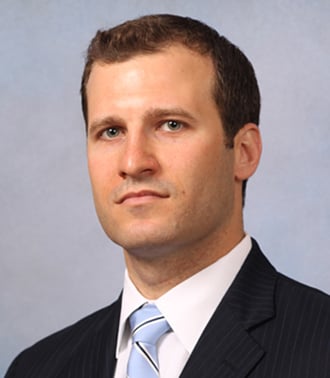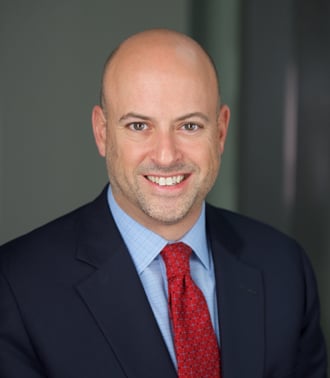Judge Excludes Testimony from Plaintiff’s Latest General Causation Expert in Pfizer Zoloft MDL
Kaye Scholer helped secure a major victory for Pfizer in the Zoloft birth defects multidistrict litigation when Pennsylvania federal judge Cynthia Rufe excluded the testimony of plaintiffs’ general causation expert, Nicholas Jewell, PhD. The December 2 ruling follows two earlier victories when Judge Rufe excluded plaintiffs’ epidemiology expert (June 2014) and three general causation experts who improperly relied on animal and in vitro studies in opining on human causation (August 2014). After those rulings, the court allowed plaintiffs the opportunity to submit a new expert report by Dr. Jewell.
Judge Rufe’s opinion concluded that Dr. Jewell, a biostatistician at the University of California Berkeley, “has failed to consistently apply the scientific methods he articulates, has deviated from or downplayed certain well-established principles of his field, and has inconsistently applied methods and standards to the data so as to support his a priori opinion.” (In Re: Zoloft (Sertraline Hydrochloride) Products Liability Litigation, December 2015)
Experts play an essential role in product liability litigation and since the Supreme Court’s landmark decision in Daubert v. Merrell Dow Pharmaceuticals in 1993, the issues surrounding the admissibility of expert opinion have become increasingly complex and technical. The Kaye Scholer team representing Pfizer is at the forefront of developing and applying Daubert, which requires a defendant to show not that the plaintiff’s expert reached a wrong conclusion, but used flawed methods to reach those conclusions.
Central to the Court’s opinion regarding Dr. Jewell was the recent correction of a 2007 New England Journal of Medicine study which had initially reported a statistically significant association between Zoloft and septal defects. As a result of Kaye Scholer’s close work with Pfizer’s expert epidemiologist, the association was discovered to be incorrect, and the journal modified the article to reflect this change. The court found that Dr. Jewell had initially relied “upon replication of statistically significant (and borderline significant) results in forming the opinion expressed in his expert report and at the Daubert hearing. However . . . when he was confronted with new and contrary information at the Daubert hearing . . . he did not reconcile the information with his opinions.”
The Kaye Scholer litigation team was led by partner Pamela J. Yates, who cross-examined Dr. Jewell and delivered a science closing argument for Pfizer, and who, as a young associate had drafted the summary judgment in the landmark Daubert case; counsel Bert L. Slonim who deposed Dr. Jewell; and associate Aaron H. Levine who assisted in preparing the cross-examination of Dr. Jewell and worked with Pfizer’s epidemiologist to discover the error in the New England Journal of Medicine study. Co-counsel for Pfizer included Quinn Emanuel Urquhart & Sullivan LLP and Wheeler Trigg O’Donnell LLP. The Kaye Scholer team also included partners Andrew K. Solow and Jeffrey H. Horowitz, counsel Julie B. du Pont, and associates Daniel Meyers, Kathryn Podsiadlo, Kevin Willett and Albert Cora.







